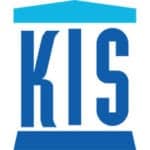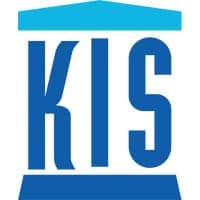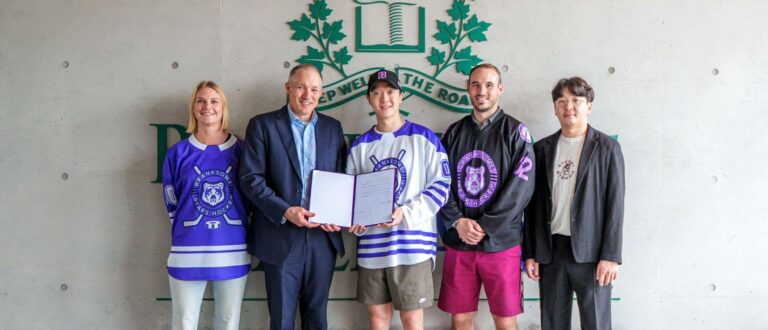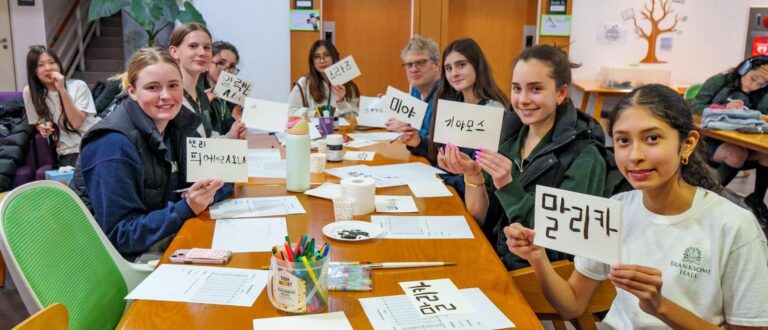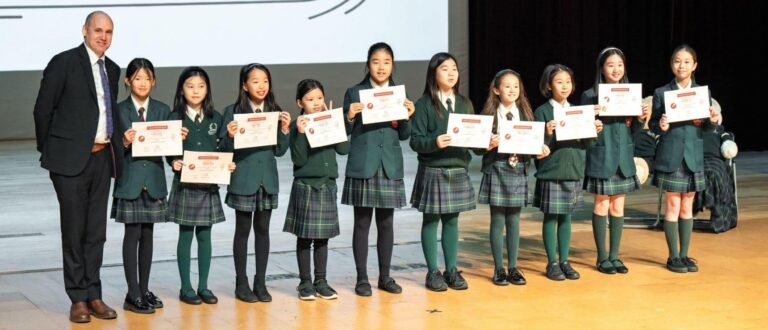Elementary Instructional Coach Tim Kokotovich believes we can make math inclusive for all learners. For many people, math feels confusing or overwhelming. Mr. Kokotovich works with teachers to develop inquiry-based learning activities that invite observation and collaboration. “I want to help people feel smart and valued for what they bring to the table,” Mr. Kokotovitch says.
What Mr. Kokotovich brings to the table is nine years of math teaching experience and the conviction that education can change the status quo for the better. While enrolled in the Stanford Teacher Education Program (STEP), Mr. Kokotovich worked with Jo Boaler whose optimism shaped his own approach to math education. At STEP he began thinking about how to make math visual, tangible. He also began integrating inquiry in math lessons.
One go-to activity he uses is the 3 Act Task demonstrated below with Jennifer Geronimo’s fifth grade class.
The 3 Act Task normalizes questions and risk. “The task is shaped by what students observe and think,” elementary teacher Sarah Friedlander explains, “and that empowers students. They want to find answers to their questions.” But the 3 Act Task is about more than a right answer. Her third graders gain confidence in their ability to participate in problem solving conversations.
“People usually want to be right,” third grader Hiedi says. At first she was a little worried about speaking up – it takes practice to ask and answer questions! Her classmate Benjamin says that it’s getting easier to ask a question you don’t know the answer to. “I like to work with a partner too,” he says. Third grader Claire agrees. When she describes the task she says, “We start together and solve problems. It’s social. Then we share what we learned.”
Nick Roy, also a third grade teacher, identifies another benefit to the 3 Act Task. “We talk about what good communication looks like,” he says. When you have a question or idea, you need to know how to share. He notes that communication skills students develop while working together on a math task transfer to other classroom activities too.
Thank you to Ms. Friedlander’s third grade students for sharing their thoughts! If you want to learn more about the 3 Act Task, Mr. Kokotovich recommends Dan Meyer’s TED Talk.
